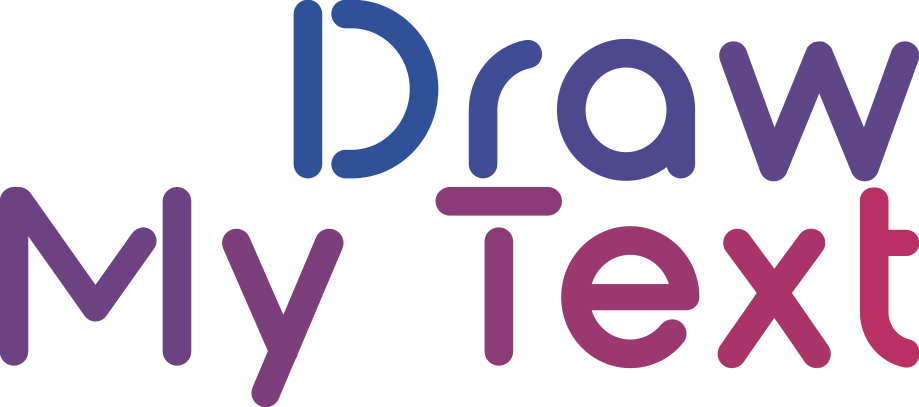
Intellectual Property in the Age of Machine Learning and Generative Networks
January 25, 2024
Will AI Replace Artists? Understanding the Role of Generative Technology
January 25, 2024Hello there, dear reader! 😊 I’m thrilled to introduce you to an exhilarating and slightly contentious topic in the ever-expanding universe of technology – Artificial Inspiration: The Ethics of Generative AI in Music and the Arts. As we immerse ourselves into this fascinating discussion, we’ll explore the burgeoning capabilities of generative AI and the profound implications it has on the creative industries.
In the past, we’ve marveled at human ingenuity in crafting melodies and masterpieces. But today, the baton is being gradually passed to artificial intelligence. From algorithms that compose symphonies to neural networks that paint novel artworks, the concept of creativity is being redefined. But with great innovation comes great responsibility, and that’s where the ethics of generative AI become a hotbed for debate.
As we stride through this thought-provoking journey together, remember that my goal is not only to inform but also to engage in meaningful dialogue. Let’s embark on this adventure together, shall we?
Artificial Inspiration: Understanding Generative AI in the Creative Realm
Before we delve into the ethics, let us first define Generative AI. It’s a subset of artificial intelligence focused on creating new content, whether that’s music, literature, visual arts, or beyond. This is achieved through complex algorithms and neural networks that learn from existing data to generate similar yet original outputs. If you’ve ever been awed by AI-crafted artwork or amazed by a computer-composed piece of music, then you’ve witnessed generative AI in action.
Artificial inspiration in music and arts isn’t a futuristic dream—it’s our reality. Tools like MuseNet and Auction AI-art platforms showcase the enormous potential of these technologies. As much as they excite us with endless possibilities, they also raise a plethora of ethical considerations. Who owns the art? Can an algorithm be credited for creativity? These are the questions we must tackle.
The debate doesn’t end at ownership and intellectual property. There’s also the influence of AI on artistic employment, the potential for bias within algorithms, and the sanctity of human creativity. Each of these issues demands our attention, as they will shape the evolving relationship between art and technology.
The Ethical Implications of Generative AI in Music and the Arts
Now, let’s navigate the complex waters of ethics surrounding generative AI in the arts. The emergence of AI in creative domains has sparked conversations around authenticity and originality. At what point does inspiration cross into the realm of replication? Music-generating AI can analyze thousands of scores to produce something ‘new’, but doesn’t it somewhat stand on the shoulders of past composers?
AI-generated literature similarly tests the boundaries of authorship. If a machine learns from a trove of classic literature and then writes a novel, who is the real author? Is it the creators of the AI, the authors of the source material, or the AI itself? Such questions are making waves in the copyright discussion.
Furthermore, the possibility of AI perpetuating biases presents an ethical dilemma. If a generative model is fed data that contains historical biases, there’s a risk that its outputs will reflect or exacerbate these biases. This has prompted a call for ethical guidelines and frameworks to ensure that the inspirational force of generative AI remains a beacon for progress rather than regression.
Tapping into AI for Creative Expression: DrawMyText
If you’re enthralled by the promise of generative AI and wish to wield its power to bring your own visions to life, then look no further! Our text-to-image generation platform, DrawMyText, is at your service. With AI’s transformative potential at your fingertips, you can craft unparalleled visual expressions simply from textual descriptions.
Imagine the convenience, the innovation, the sheer joy of converting your words into compelling images. Whether you’re a marketer seeking captivating visuals or an artist exploring new horizons, DrawMyText caters to all. And our premium subscription offers competitive pricing and features that accommodate your diverse needs. Unleash your creativity with us—you won’t be disappointed.
We believe in the synergy of human imagination and AI sophistication. By subscribing to DrawMyText, you’re not just accessing a tool; you’re embracing a partnership where your creative vision is amplified by generative AI. Join us in this artistic venture, and let’s shape the future of creativity together!
Charting the Path Forward: Balancing Innovation and Ethical Responsibility
In approaching the ethics of generative AI within music and the arts, it’s essential to find balance. How do we foster innovation while safeguarding human values and ensuring fair practice? One path is through establishing robust ethical standards and transparent policies that govern AI creativity.
Fostering a collaborative environment where artists and technologists work together can help. By partnering with initiatives like The Ethical AI Institute, we can cultivate a culture that values both human creativity and AI’s potential while respecting ethical boundaries. Such partnerships are invaluable in charting the course for a future that honors both artistry and artificial intelligence.
Ultimately, maintaining open dialogues, conducting ongoing research into the impacts of AI, and creating inclusive platforms for expression will determine the role of generative AI in our cultural tapestry. However, the importance of human touch in creative endeavors remains undeniable. AI may offer tools for innovation, but it is through human perspective and interpretation that art truly resonates.
Frequently Asked Questions
- Who owns art created by generative AI?
- The question of ownership in AI-generated art is complex and is still being defined by legal systems. Generally, copyright may rest with the AI programmers, the user who prompted the AI, or operate under a different licensing model altogether depending on jurisdiction and specific circumstances.
- Can generative AI replace human artists?
- Generative AI is unlikely to replace human artists, as art is innately tied to human experience and emotion. AI can augment and enhance human creativity, but cannot replicate the unique perspectives and emotional depth that human artists bring to their work.
- Is it ethical to use AI to create art?
- The use of AI in art raises ethical questions about originality and authenticity, but it is not inherently unethical. Ethical use depends on transparency, consent, and equitable practices regarding the credit and monetization of AI-generated works.
- How can we prevent AI from perpetuating biases in art?
- To prevent AI from perpetuating biases, it’s crucial to ensure diversity in training data, promote transparency in AI development, and implement ethical guidelines. Ongoing vigilance and assessment are needed to identify and correct any biases that may arise.
- What is the future of generative AI in the creative industries?
- The future of generative AI is poised to be collaborative, with AI serving as a tool for human artists to explore new forms of expression. As technology evolves, ethical considerations will shape its integration into the creative industries, fostering innovative art while respecting human values.
Keywords and related intents:
Keywords:
1. Generative AI
2. Ethics
3. Music
4. Arts
5. Creativity
6. MuseNet
7. AI-generated artwork
8. Intellectual property
9. DrawMyText
10. Ethical AI Institute
Search Intents:
1. Definition of Generative AI in creative industries
2. Ethical considerations for AI in music and arts
3. Ownership and copyright of AI-generated art
4. Impact of generative AI on artistic employment
5. Bias in generative AI algorithms
6. MuseNet and AI in music composition
7. Platforms for auctioning AI-generated art
8. Subscription and pricing for DrawMyText
9. Ethical AI standards for creativity
10. Role of AI in future creative collaborations
#ethical implications of generative ai
#Artificial #Inspiration #Ethics #Generative #Music #Arts


